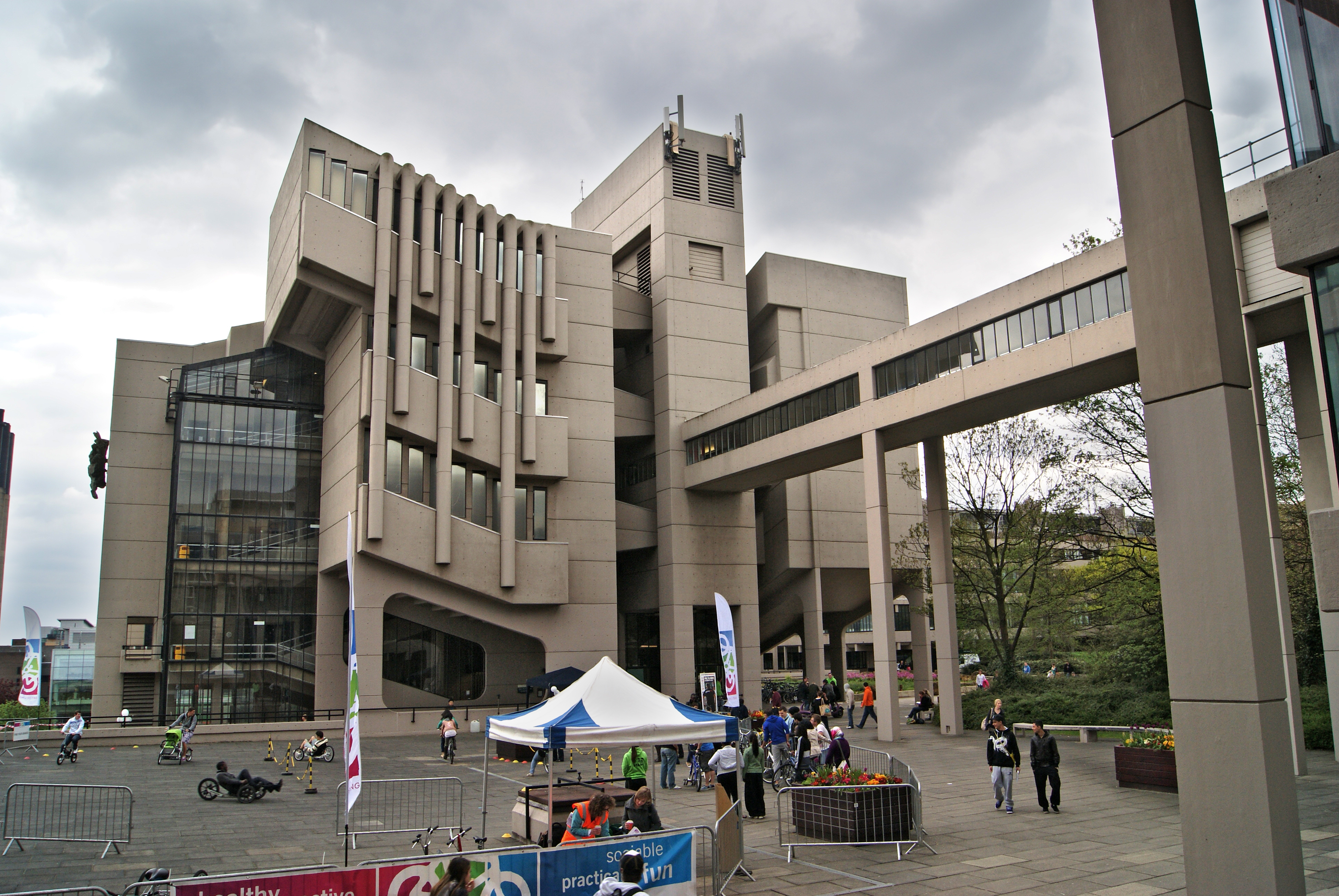Article 50 was triggered on the 29th March, launching the start of Brexit. This marks not only the beginning of two years of negotiations, but confusion for everyone it will affect, particularly EU students and staff currently residing in Britain.
The University of Leeds Vice-Chancellor, Sir Alan Langlands, has said that the University of Leeds will continue to welcome those from around the world despite the changes.
He said Leeds’ international community “helps ensure our academic success and contributes a great deal to the economic, social and cultural development of the city of Leeds, the region and beyond.”
The University also has said they remain committed “to seek the brightest minds” from around the world.
This comes with the uncertainty around residency of EU citizens in Britain. A University of Leeds spokesperson said: “the University remains steadfast in supporting all students, and particularly those from the EU, during this unsettling time.”
In early March, the House of Lords added an amendment to the Brexit bill that would guarantee the rights of EU citizens in the UK, but this was overturned in the House of Commons. Many think this is due to the Government’s intention to secure the rights of Brits living abroad before making any decisions about our own EU citizens. David Davis, the Brexit secretary, said he would take “moral responsibility” for this.
The Vice-Chancellor also expressed his concern over the uncertain nature of research collaboration between the UK and the EU, post-Brexit.
He said: “the university will continue to nurture EU research projects and student exchanges,” adding that universities collectively wanted to continue UK participation in the highly popular Erasmus programme and added that universities must keep up the pressure to ensure a good outcome on Brexit. The University’s international strategy encapsulates future action that will be undertaken in this regard.
The five priorities include: recruiting talented students and staff; enriching student experience and enhancing employability; increasing world-class collaborative research outputs; increasing global partnerships and funding; and raising the University’s global profile and reputation.
The VC’s stance is that “determined action in each of these areas will ensure that we continue to develop as a truly international institution.”
(Image: Scholars World)
Rabeeah Moeen

